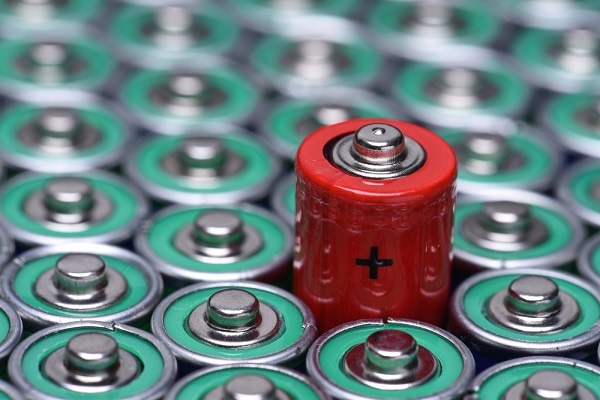Dec 6 2016

New materials offering an alternative to battery power has turned out to be a major scientific advancement that has proven to be between 1,000-10,000 times more powerful than the currently available battery alternative - a supercapacitor.
With this new technology it is believed that electric cars will be able to travel similar distances as petrol cars without stopping for lengthy re-charging breaks of between 6-8 hours, instead these cars will re-charge fully in the time it takes to fill a regular car with petrol.
The scientific discoveries made by Augmented Optics Ltd and its wholly owned subsidiary Supercapacitor Materials Ltd with the University of Surrey and University of Bristol have developed an increasingly efficient, faster, safer and greener alternative to battery power and supercapacitor abilities as they are currently known.
A recent breakthrough by the University of Surrey and Augmented Optics Ltd., in partnership with the University of Bristol, has developed potentially transformational technology capable of revolutionizing the capabilities of appliances that have earlier depended on battery power to work.
This advancement by Augmented Optics Ltd., could transform into extremely high energy density super-capacitors making way for recharging mobile phones, laptops or various other mobile devices within just a few seconds.
This new technology is likely to have a seismic impact across an increasing number of industries, including energy generation, aerospace, transport, and household applications such as biosensors, flat screen electronic devices, and mobile phones.
It is also capable of transforming electric cars, allowing them to recharge as quickly as it takes for a normal non-electric car to refuel with petrol, a process that presently takes about 6-8 hours to recharge.
For instance, instead of an electric car being restricted to drive from London to Brighton, the new technology instead will allow the electric car to travel from London to Edinburgh without the requirement for recharging, but when it did recharge for this operation to take just a few minutes to perform.
In China, supercapacitor buses are already being used. However they have an extremely limited range, whereas with this technology these buses will be able to travel further between charges. Instead of recharging 2-3 stops, buses using this new technology will have to be recharged every 20-30 stops, which will only take a few seconds.
Elon Musk, of Tesla and SpaceX, earlier highlighted his belief that supercapacitors are capable of becoming the technology for future electric air transportation. It is indeed believed that this new technology will help make this vision a reality.
The technology was adapted from the principles that were used produce make soft contact lenses, which Dr Donald Highgate (of Augmented Optics, and an alumnus of the University of Surrey) developed after his postgraduate studies at Surrey 40 years ago.
Supercapacitors, being an alternative power source to batteries, store energy using electrolytes and electrodes and both charge and deliver energy in a rapid manner, unlike standard batteries which carry out the same activities in a much slower and more sustained manner.
Supercapacitors can charge and discharge rapidly over extremely large numbers of cycles. However, in a number of applications these supercapacitors until now have not been able to compete with standard battery energy storage due to their poor energy density per kilogramme (approximately just one twentieth of existing battery technology).
There is a global search for new energy storage technology and this new ultra capacity supercapacitor has the potential to open the door to unimaginably exciting developments.
Dr Brendan Howlin of the University of Surrey
The research program was carried out by researchers at the University of Surrey’s Department of Chemistry where the project was initiated by Dr Donald Highgate of Augmented Optics Ltd.
The team was co-led by the Principal Investigators Dr Ian Hamerton and Dr Brendan Howlin. Dr Hamerton continues to be part of the project in his new post at the University of Bristol, where the electrochemical testing to trial the research findings was executed by fellow University of Bristol academic, David Fermin, Professor of Electrochemistry in the School of Chemistry.
While this research has potentially opened the route to very high density supercapacitors, these *polymers have many other possible uses in which tough, flexible conducting materials are desirable, including bioelectronics, sensors, wearable electronics, and advanced optics. We believe that this is an extremely exciting and potentially game changing development.
Dr Ian Hamerton, Reader in Polymers and Composite Materials from the Department of Aerospace Engineering, University of Bristol
*the materials are based on large organic molecules composed of a number of repeated sub-units and bonded together to develop a 3-dimensional network.
It is a privilege to work with the teams from the University of Surrey and the University of Bristol. The test results from the new polymers suggest that extremely high energy density supercapacitors could be constructed in the very new future. We are now actively seeking commercial partners in order to supply our polymers and offer assistance to build these ultra high energy density storage devices.
Jim Heathcote, Chief Executive of both Augmented Optics Ltd and Supercapacitor Materials Ltd